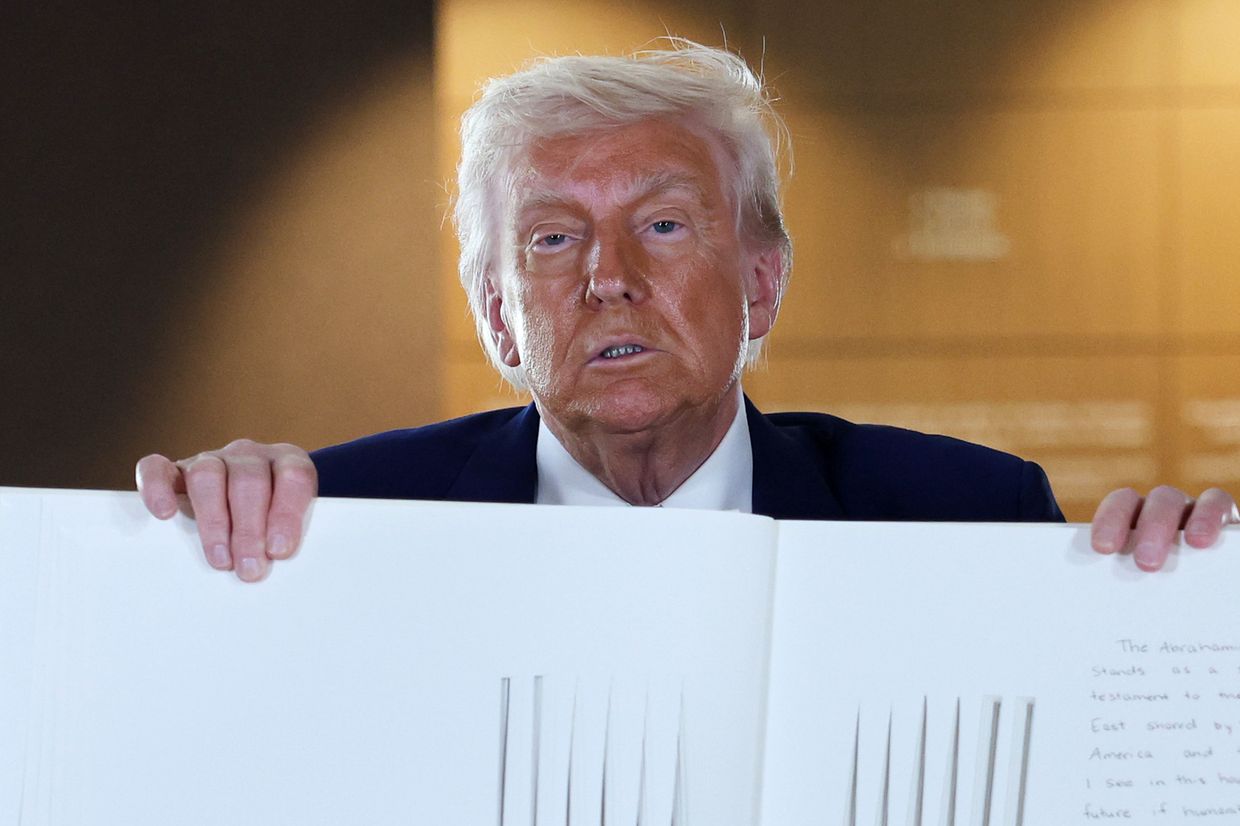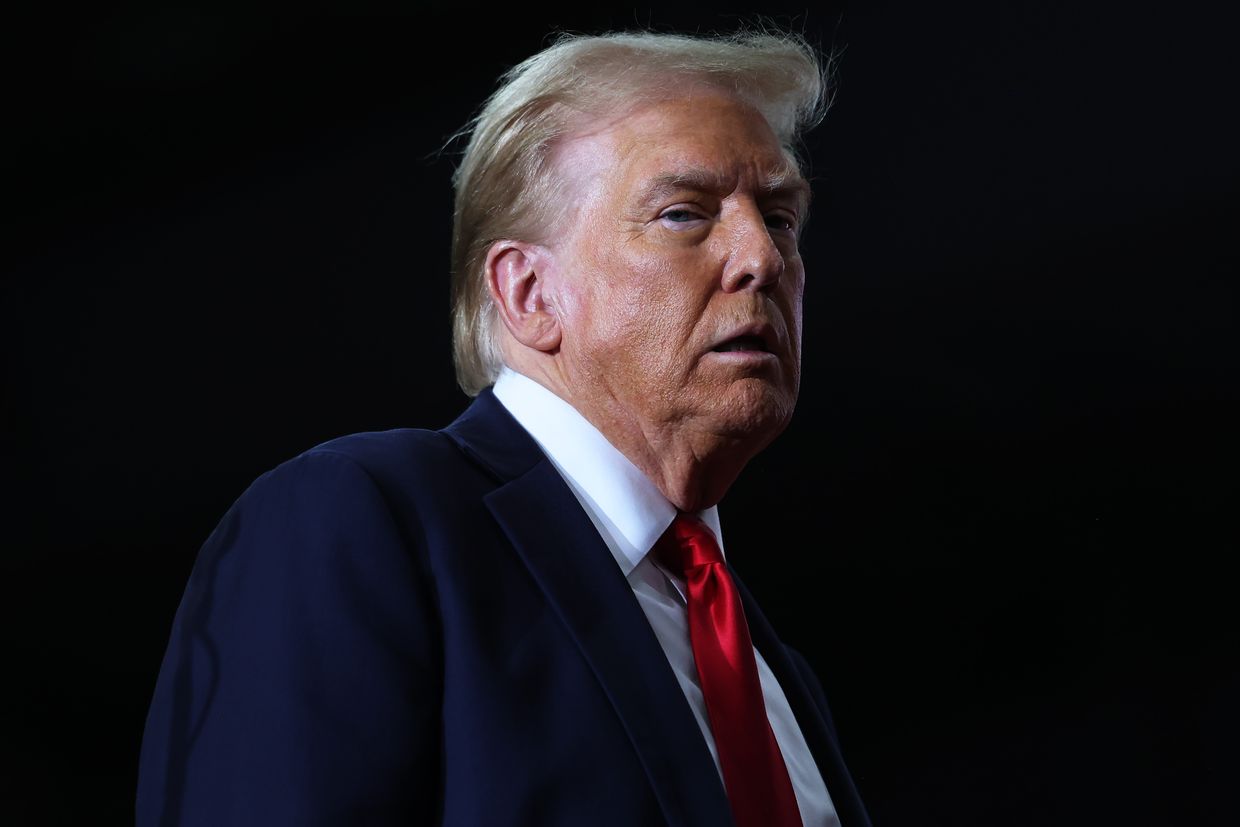The U.S. has achieved "a lot of progress" toward ending Russia's war in Ukraine, U.S. President Donald Trump said during a press briefing at the White House on May 21.
On May 19, Trump held a phone call with Russian President Vladimir Putin, marking their first known conversation in two months.
"We are trying to settle Russia-Ukraine," Trump told reporters. "I spoke with President Putin for two hours the day before yesterday. I think we made a lot of progress. But that's a bloodbath."
Trump described the war as "a horrible thing."
"There's a lot of hatred, a lot of deaths," he said. "I get satellite pictures of that field — you never saw anything like that in your life."
The recent call between two leaders came days after largely inconclusive negotiations in Istanbul, where Russia sent a delegation of low-level officials and reiterated sweeping territorial demands, including that Ukraine accept the loss of Crimea and four other regions.
After the call, Putin reiterated Russia's maximalist demands, denying full ceasefire agreement.
Trump has been inconsistent in his rhetoric toward the Russian leader, at times voicing frustration with the stalled peace efforts but mostly avoiding direct criticism of Putin.
Despite U.S. efforts, Putin has shown little willingness to compromise to achieve a settlement.
Trump's approach has caused frustration and confusion among European allies, many of whom wanted him to back a joint U.S.–EU ultimatum for an unconditional ceasefire starting May 12 and tougher sanctions on Moscow. Despite Russia's refusal, no additional U.S. sanctions have so far been imposed.
Trump has often boasted about his supposedly warm ties with the Russian leader, though the two have not met since Trump returned to office this January.
The two presidents previously held a phone call on March 18, during which Putin rejected Trump's Kyiv-backed offer for a 30-day ceasefire but declared a pause on strikes against energy facilities, which Ukraine said was repeatedly violated.
Trump has adopted a more critical rhetoric toward the Kremlin recently amid Moscow's delays in peace negotiations and continued attacks on civilian areas in Ukraine.
At the same time, the new U.S. administration has also often used a scathing tone toward Ukraine, most notably during an explosive meeting between Trump and Zelensky in the White House in February. The two leaders held a second meeting on the sidelines of Pope Francis's funeral in April, which was described by both parties in more positive terms.














